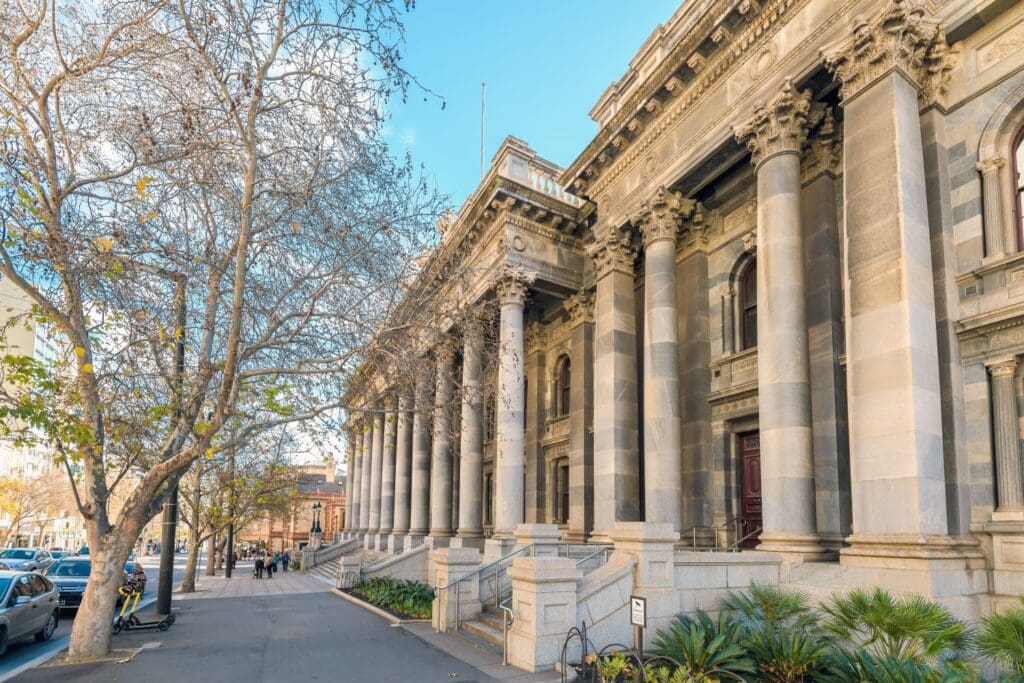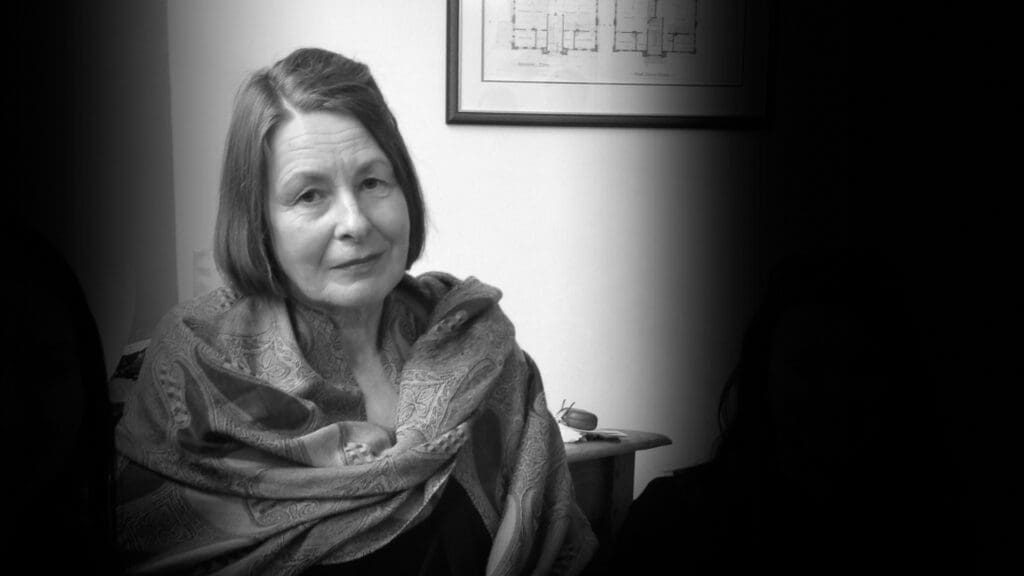Calls to abolish the strip searching of people in prisons
Formerly incarcerated women, trans and gender diverse people alongside advocacy and human rights groups, are calling for governments across the country to permanently prohibit the practice of strip searching people in Australian prisons.
In a joint submission to the Australian Law Reform Commission’s inquiry into legal responses to sexual violence, the groups draw on decades of advocacy by lived experience advocates calling out strip searching for what it is: sexual abuse at the hands of the state.
Strip searching involves a person being forced to remove all their clothing repeatedly in front of prison guards. Often the person must also submit to bending, spreading and coughing.
The forced removal of clothing constitutes dehumanising and degrading conduct that would be considered sexual assault if imposed in the wider community, yet it is routinely carried out with impunity behind prison walls. The practice is ripe for abuse, and is frequently used to humiliate and control people in prison.
Strip searching is ineffective and unnecessary, with no evidence of any relationship between strip searching and rates of contraband detection. Alternatives exist – like the scanners used at airports across the country – so there is no reason for governments across Australia to continue strip searching people in prison.
Nina, formerly incarcerated woman and member of the FIGJAM collective of formerly incarcerated justice advocates based in Melbourne, said:
“Strip searches are sexual abuse and would be unlawful in any other context. Prison officers use them as methods of power and control. Strip searches are often weaponised against women for ‘noncompliance’, like having an emotional reaction to this violent treatment, and refusing to be subjected to this practice can lead you to being slotted in solitary confinement. Women have no agency or choice over their bodies while incarcerated – governments across Australia must stop being complicit in this and allowing state sanctioned abuse in the form of strip searching to continue.”
Karen Fletcher, Executive Officer at Flat Out, said:
“Prison Operators and Corrective Services authorities say strip searches are conducted only to maintain prison security. This is not the reality experienced by the women we work with. Strip searches are also used to coerce, control and punish. This may well be in flagrant breach of prison laws and rules but the fact is, there is nothing women can do to make it stop. The prison’s rules are not published or available and they have little or no access to independent oversight or legal advocacy to challenge the assaults. It is regular, routine, ongoing sexual assault with impunity.”
Monique Hurley, Managing Lawyer at the Human Rights Law Centre, said:
“Strip searching amounts to state sanctioned sexual assault and should be banned. Being forced to remove every last item of clothing, again and again, strips people of their dignity. It is an ineffective, unnecessary and dehumanising practice, with data consistently showing that strip searches do not work in identifying contraband entering prisons.
“Yet governments across the country permit abuse to thrive behind bars and for people in prison to be subjected to this barbaric practice. There is no excuse for governments to continue subjecting people to the humiliation of being strip searched when there are less invasive ways of checking for contraband, like scanners similar to those used at airports.”
Read the joint submission to the Australian Law Reform Commission here
Media contact:
Thomas Feng
Acting Engagement Director
Human Rights Law Centre
0431 285 275
thomas.feng@hrlc.org.au
Media Enquiries
Chandi Bates
Media and Communications Manager

Rio Tinto to face scrutiny at AGM for response to Panguna mine disaster
As shareholders meet in Perth today for Rio Tinto’s AGM, communities living with the ongoing devastation from Rio Tinto’s former Panguna mine are calling for the company to urgently commit to funding long-term solutions.
Read more
Malinauskas Government must take historic opportunity and adopt Human Rights Act after inquiry recommendation
The Human Rights Law Centre has congratulated the South Australian parliamentary inquiry recommendation for a South Australian Human Rights Act.
Read more
Legal challenge filed against Tasmanian Parole Board’s decision to gag free speech
The Human Rights Law Centre has filed legal proceedings on behalf of Tasmanian grandmother, Susan Neill-Fraser, to challenge a restrictive parole condition placed on her by the Tasmanian Parole Board seeking to limit her ability to speak to the media.
Read more


